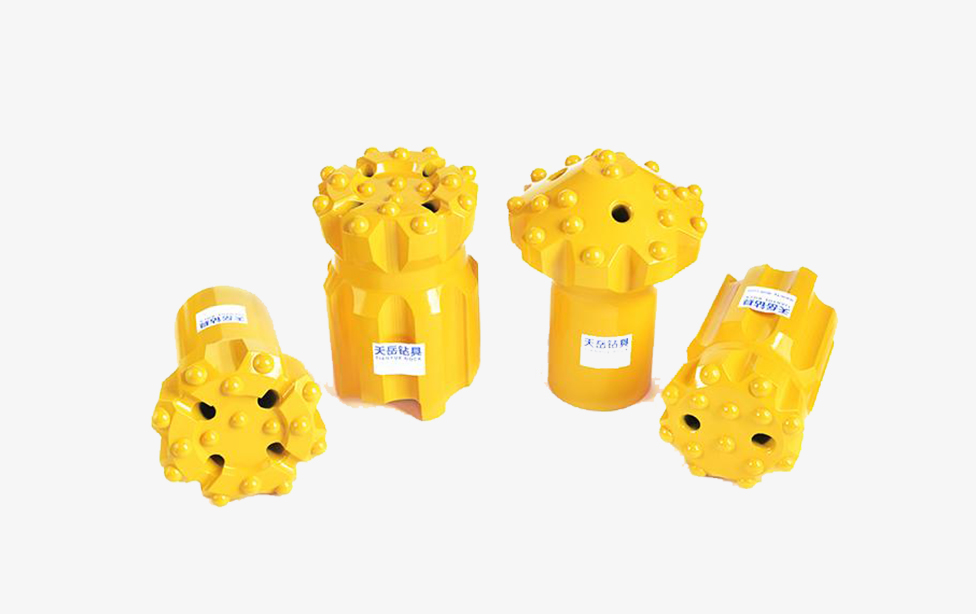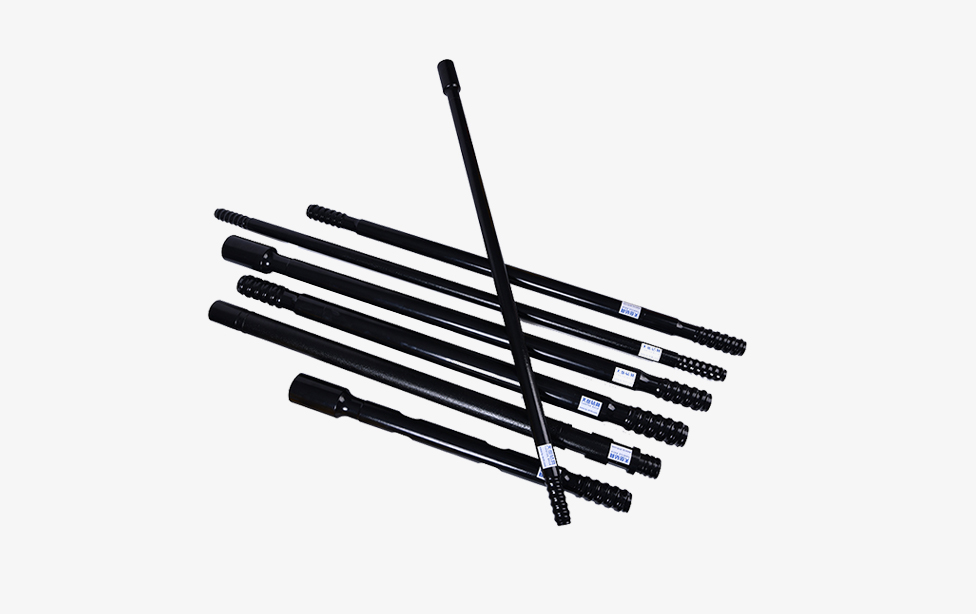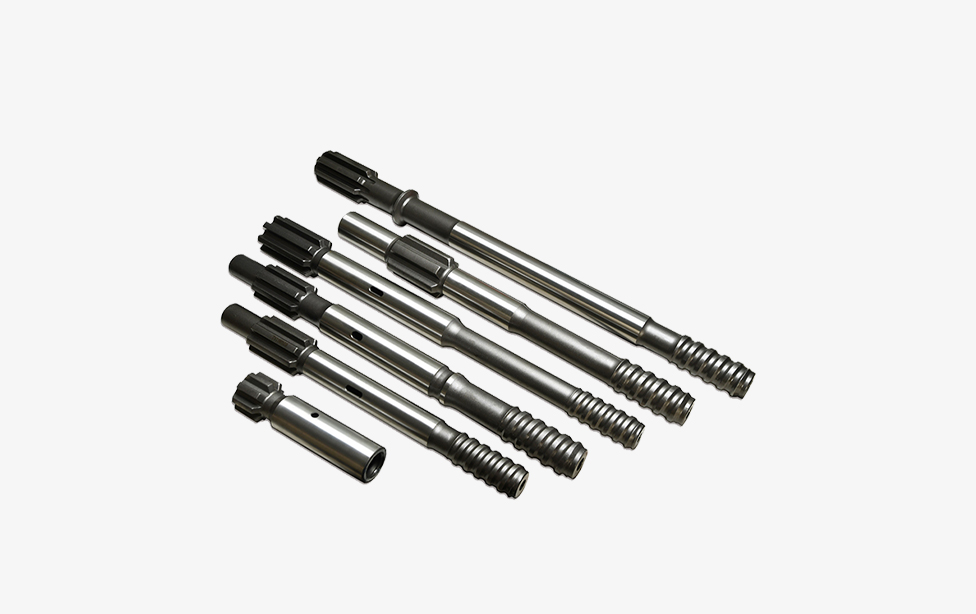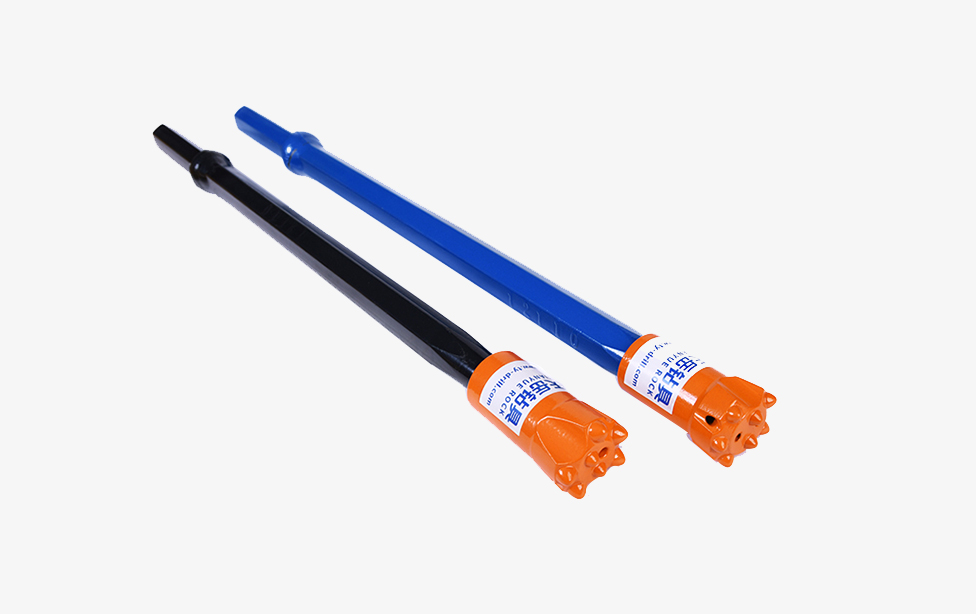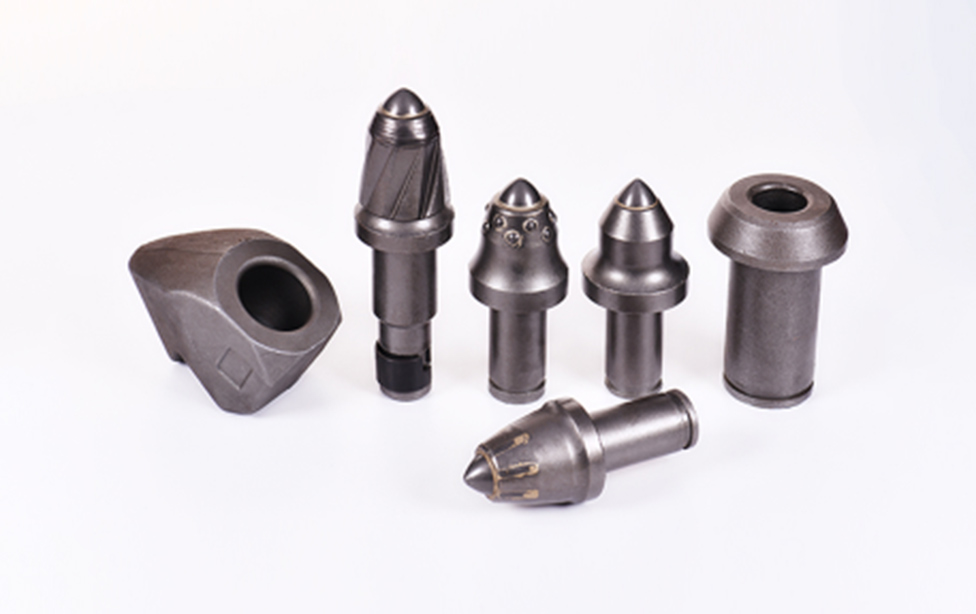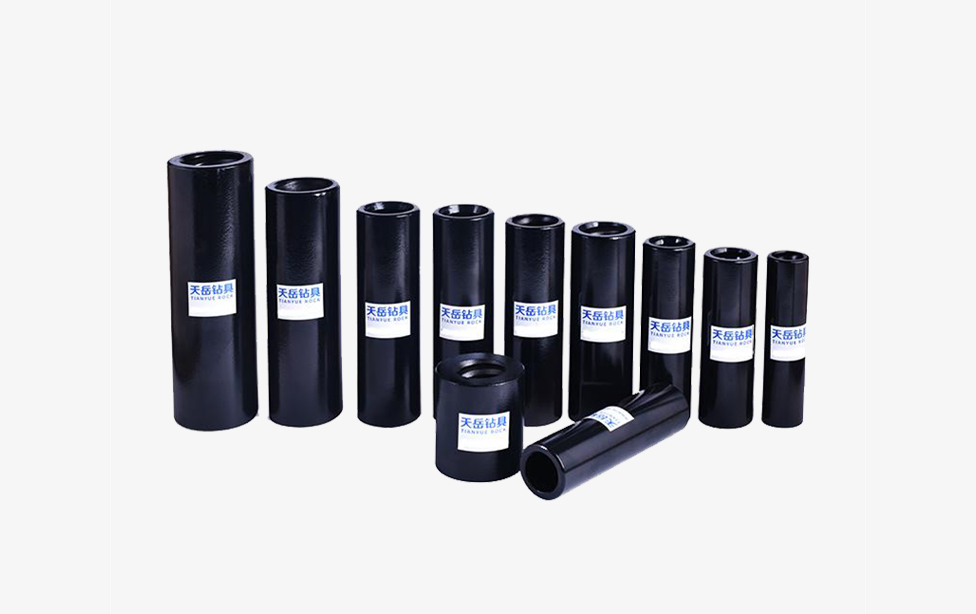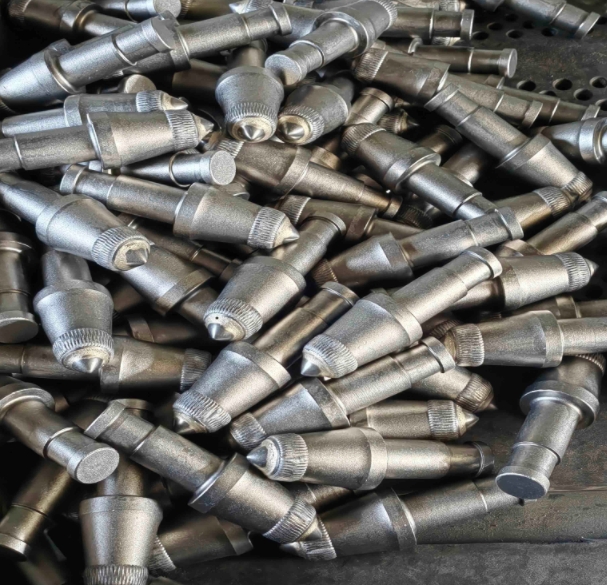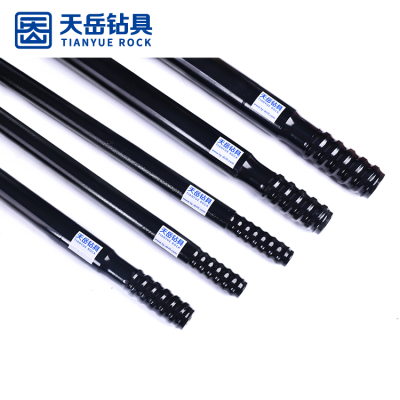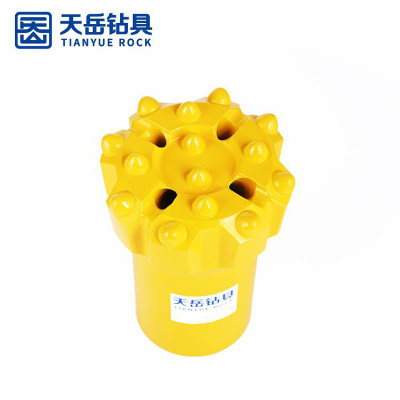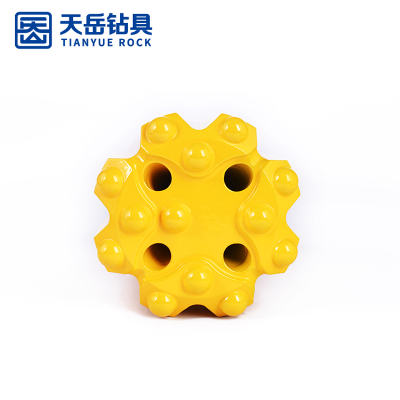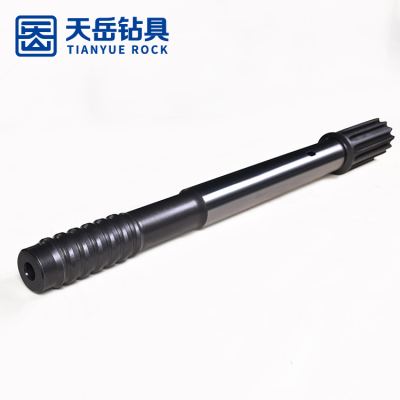With the experts in geotechnical engineering and metal material industry as the core and the advanced production process as its basis,the company focus on the studying of tools for geotechnical engineering and tries its best to pursuit perfect quality and product innovation to meet our clients's requirements.
Road milling tools are essential components used in the road construction and maintenance industry. They are used to remove old asphalt or concrete surfaces, prepare surfaces for new pavement, and perform various other tasks in road rehabilitation and construction. Here's a detailed overview of road milling tools, including their types, applications, and key considerations.
Road Milling Tools Overview
1. Definition
Road milling tools are cutting tools mounted on milling machines (also known as cold planers or pavement profilers) used to remove road surfaces or asphalt pavements. These tools are critical in the milling process, which involves grinding and removing the top layer of asphalt or concrete to prepare the surface for new paving.
2. Types of Road Milling Tools
Milling Bits (Teeth)
Conical Bits: Conical-shaped bits with a carbide tip, designed for general milling operations.
Flat Bits: Flat or chisel-shaped bits for specific milling applications, such as fine milling.
Pointed Bits: Used for harder materials or surfaces that require more aggressive cutting.
Milling Drums
Standard Drums: Equipped with a regular pattern of milling bits for standard road milling tasks.
Fine-Milling Drums: Fitted with more bits in a closer arrangement for fine milling, providing a smoother surface finish.
Micro-Milling Drums: Have an even higher density of bits for ultra-smooth surface preparation.
3. Applications
Surface Preparation: Removing old, damaged pavement layers to prepare the roadbed for new paving.
Profiling: Adjusting road surface profiles to improve drainage and surface quality.
Rehabilitation: Milling off surface layers to rehabilitate roads, highways, and other paved areas.
Utility Work: Creating trenches or removing pavement around utilities for repairs or installations.
4. Key Considerations for Selecting Road Milling Tools
Material: Milling bits are typically made from high-quality, wear-resistant materials like tungsten carbide to ensure durability and effective cutting performance.
Bit Shape and Size: Depending on the milling depth and the hardness of the pavement material, different bit shapes and sizes can be selected to optimize performance.
Milling Machine Compatibility: Ensuring that the milling tools are compatible with the specific milling machine model being used.
Application Requirements: Choosing the appropriate type of milling drum and bit configuration based on the specific milling task and desired surface finish.
Leading Brands and Products
Several leading brands provide high-quality road milling tools, ensuring efficient and reliable milling operations. Some notable brands and products.
Conclusion
Road milling tools play a crucial role in the road construction and maintenance industry. By understanding the different types of tools available, their applications, and key selection criteria, professionals can ensure efficient and effective road milling operations. High-quality road milling tools from reputable brands contribute to better road surfaces, enhanced safety, and prolonged pavement life.
Product number | Pick length (mm) | Length of head (mm) | Pick hanldle diameter (mm) | PDC insert diameter (mm) | Pick head diameter (mm) |
U82 | 152 | 80 | 30 | 14 | 50 |
U84 | 142 | 70 | 30 | 16 | 50 |
U85 | 161 | 85 | 30 | 14 | 50 |
U92 | 195 | 101 | 35 | 16 | 55 |
U94 | 183 | 90 | 35 | 19 | 55 |
U95 | 182 | 88 | 35 | 24 | 55 |
U170 | 215 | 89 | 43 | 22 | 64 |
D47 | 140 | 65 | 30 | 23 | 50 |
D120 | 143 | 68 | 30 | 16 | 55 |
D135 | 155 | 80 | 38 | 19 | 63 |



